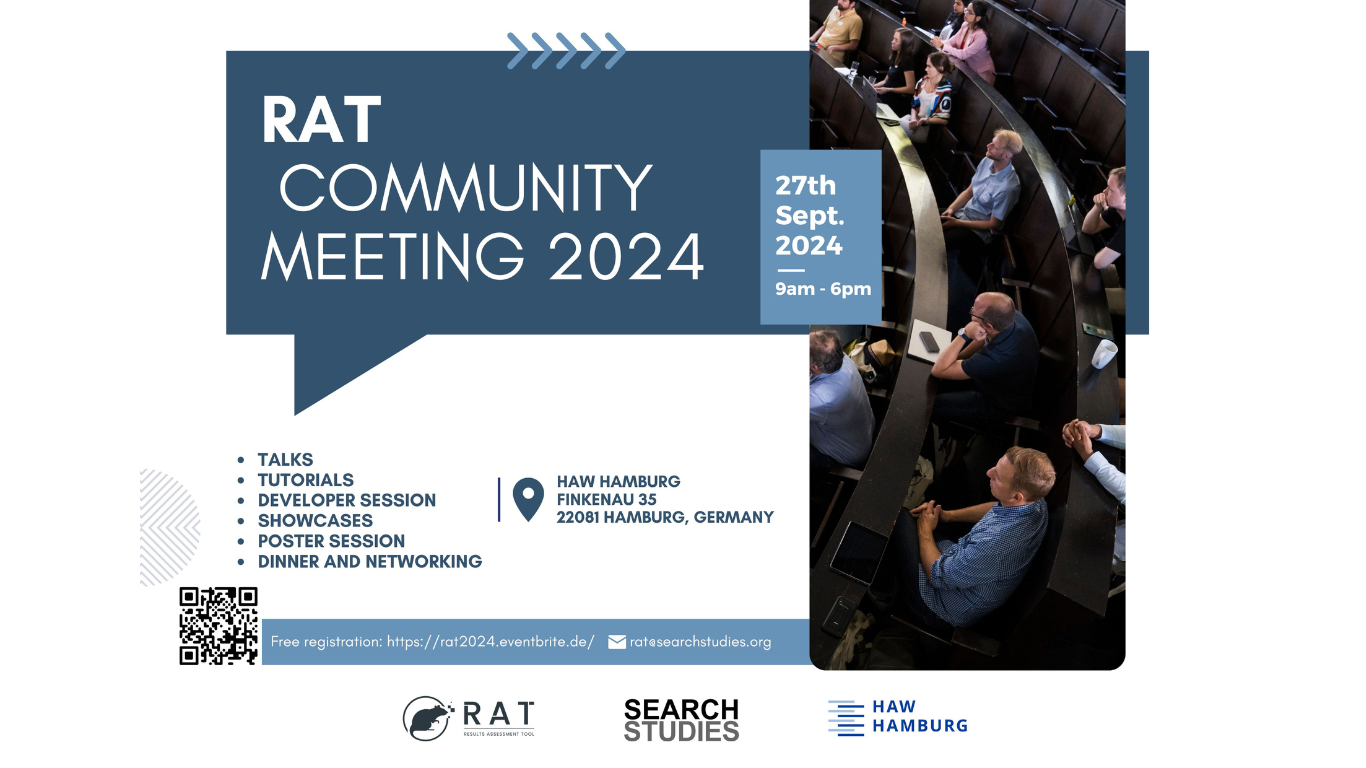Tracing the Climate Change Counter Movement across platforms. Reflections on the role of search engines – Jutta Haider, University of Borås, Sweden
The climate change counter-movement (CCCM) is active on many fronts. Lately, it seems that an opportunistic exploitation of already established conspiracy narratives is increasingly tapping into the discontent of groups negatively affected by the green transition and forging new coalitions. Much of this is happening on social media. But search engines also play an important but poorly-understood role. This talk draws on data created with the Result Assessment Tool (RAT) to explore and illustrate some aspects of this. As this is a work in progress, the talk is also seen as an opportunity to discuss methods and empirical choices with the RAT community.
Bias in Library Search Systems – Daniel Klein, Hamburg University of Applied Sciences, Germany
Libraries use search engines to enable users to explore the entire collection quickly. In contrast to Google or Bing, the search results displayed by online library systems are considered neutral and objective, although they can also be biased according to specific criteria. However, little research has been done into the biases of library search engines to date. We investigated the search results of the online library catalogue Katalogplus from the Hamburg State and University Library for system-based biases. The results illustrate the need for more scientific research into library search systems.
Which parties would Google and Bing support in the 2024 European Parliament election? An analysis of stance in their search results – Hanna Käfer, Hamburg University of Applied Sciences, Germany
As the 2024 European Parliament election approaches, many people will utilize search engines to gather information about election-related topics. The information discovered through these searches could impact peoples’ voting preferences. Therefore, we examined the information presented to users when searching for election-related topics. We also compared the information provided by Google and Bing to look for differences in their stances.
How helpful is Dr. Google when you’ve got a sexually transmitted disease? Comparing Search Engines for Health Information – Aylin Imeri, Ruhr University Bochum, Germany
Nowadays, apart from asking or seeking advice from doctors, Dr. Google seems to be another option for individuals. According to the Statista Research Department (August 26, 2024), about 46% of people living in Germany searched for health-related information on Google in 2023.
In our case study, we show to what extent the three search engines (Google, Bing and DuckDuckGo) have similarities and differences when it comes to information about sexually transmitted diseases (STD). Among other aspects, we analyzed whether a website was search engine optimized (SEO) and what type of domains were represented between the three search engines.

